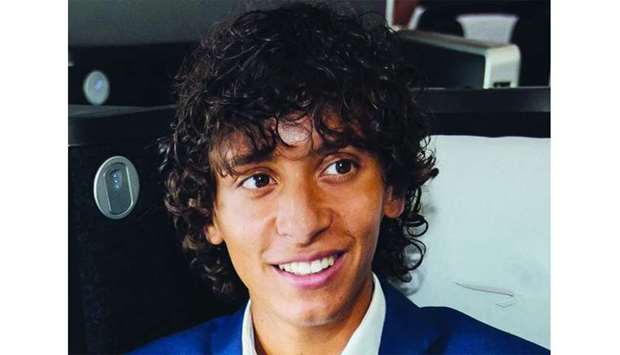In the latest of developments with Boeing’s troubled single-aisle jet, Boeing has now informed 737 MAX customers that the grounded jet will not be approved to return to service until mid-2020, at the earliest.
The new expectations mean that Boeing 737 MAX will miss the busy summer travel season for the second straight year, adding to the compensation that the US plane maker will have to pay airlines.
The grounding has already cost Boeing more than $9bn, and the consequences are starting to spread, with at least one major supplier announcing layoffs.
Boeing and the Federal Aviation Administration have continued to find new flaws with the MAX that go beyond an automated software system known as MCAS — the software responsible for two accidents, in late 2018 and early 2019, that killed 346 people and led to the worldwide grounding of the jet last year.
Boeing tumbled 5.5% to $306.27 at 2:12pm in New York, before trading was halted for pending news.
“Boeing need to drop the damaged 737 ‘MAX’ brand to avoid it undermining the aircraft value” said Air Lease boss this week. The company is one of the largest aircraft lessors in the world, and a 737 MAX customer with around 150 jets on order. He’s not alone with his thinking that the ‘MAX’ brand ought to be dropped from the aircraft.
Kenya Airways — a 737 MAX operator — CEO Sebastian Mikosz told media “Renaming the Boeing 737 MAX will help restore the public’s trust in the aircraft when the global fleet is flying again”.
Qatar Airways Group — also a 737 MAX customer, but not operator (Qatar’s ordered 737 MAX jets were transferred to Air Italy, which is 49% owned by Qatar) — CEO HE Akbar al-Baker echoed Mikosz’s thoughts, saying, “I think Boeing will have to come up with something to re-name this aeroplane”.
Even President Trump has previously weighed in on the rebrand debate. “If I were Boeing, I would FIX the Boeing 737 MAX, add some additional great features, & REBRAND the plane with a new name”, tweeted Trump, following the second deadly 737 MAX accident last year.
Public opinion on a 737 MAX rebrand is wide-ranging. Recently, in a broadcast on the topic of rebranding the 737 MAX with Al Jazeera anchor Kamahl Santamaria, he told me, “If I got on a plane called ‘737-greatest-plane-in-the-world’ but I knew it was still a 737 MAX, I’d still feel concerned.” Many have since taken to twitter to say that a rebrand would do nothing to settle their concerns over the aircraft — in fact, it may add difficulty in being able to know which aircraft is a 737 MAX, for those that may choose to avoid flying the jet upon its return to commercial service.
For Boeing, rebranding the 737 MAX due to bad publicity could still be somewhat unprecedented. The Boeing 727 — still in commercial service today, albeit only with a small number of airlines — suffered four fatal crashes following its entry into service in the mid-1960s. However, passengers continued to fly on 727 jets for the decades that followed, and it remains in service with the same name.
Derek Kerr, the CFO of American Airlines, promised passengers who didn’t want to fly on a MAX could be rebooked onto another aircraft. “Over time, I hope that goes away and people understand that this is a very safe and reliable plane,” he said. “But we’ll have to deal with some customers. There are some customers that have no idea what plane they’re on, there are some customers that know exactly what plane they’re on and what number plane it is. We’ll work through that as well.”
It’s worth pointing that the ‘MAX’ phrase is not referenced anywhere on official documentation submitted to regulators, which instead uses its numeric variant. The name change, introduced in 2016, was designed to differentiate a new iteration of 737s from its predecessor, the 737 Next Generation.
This week the chairman of Air Lease added “Airlines are still trying to gauge passengers' reluctance to fly on the MAX, and how long this will last?” Udvar-Hazy said. "Will it be two months, will it be six months, will it be different in different parts of the world?"
"Will people in the US after a few months forget about the accidents and think 'oh, it's just another 737', or are there going to be parts of the world where people are going to be more superstitious and it will take longer for them to erase that stigma?"
The chief executive of another major aircraft lessor, Firoz Tarapore of Dubai Aerospace Enterprises (DAE), told the same conference he was worried he had not seen Boeing "addressing in a proactive way" the issue of customer confidence in the aircraft.
Prolonged grounding could result in $32bn crisis costs composed of missed airline profits and missed production profits for Boeing. As we head towards the end of the first of twelve months of 2020, the Boeing crisis continues – without light at the end of the tunnel, for now.
* The author is an aviation analyst. Twitter handle: @AlexInAir

